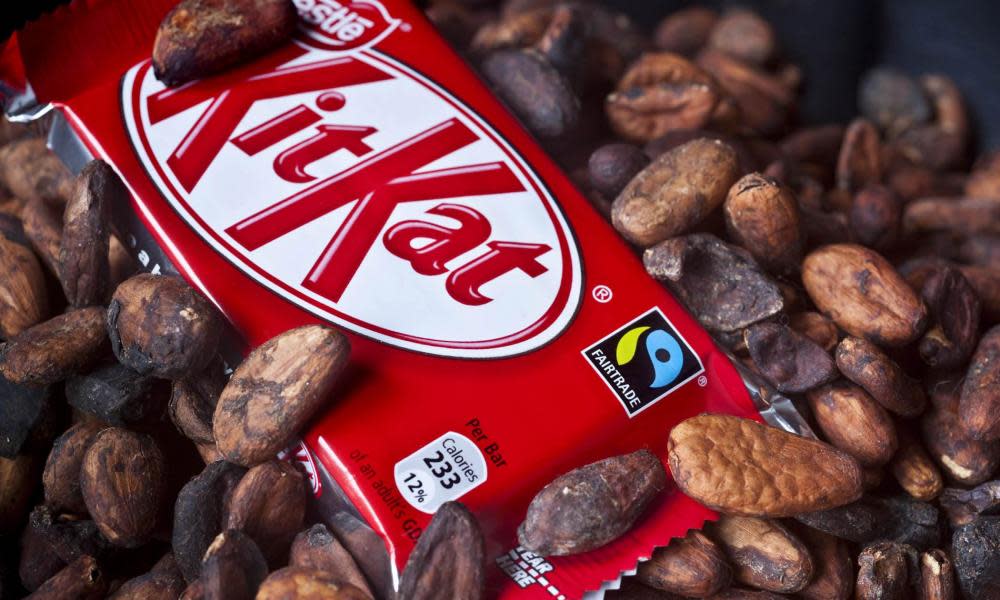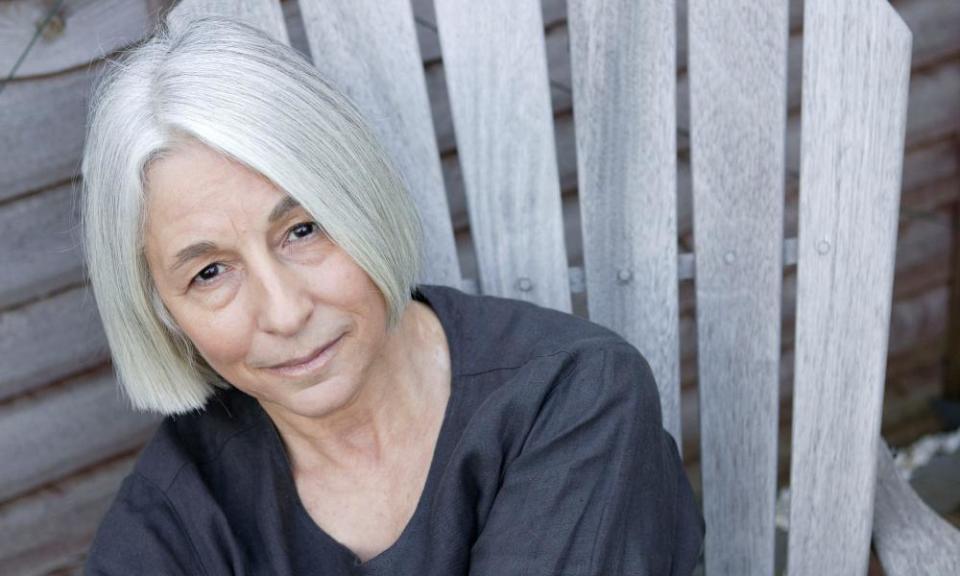Have a heart, KitKat, don't break with Fairtrade

Here’s a quiz question: how many KitKats are produced in the Nestlé factory in York each year? A hundred million? Keep going. The plant makes a billion of the UK’s bestselling chocolate bars annually. That volume is one reason that the company’s shameful decision to end the brand’s Fairtrade certification will have such a devastating effect on cocoa farmers.
I visited some of the Fairtrade-certified cocoa farms in Ivory Coast last year. Seeing the difference that a measure of financial security can make to some of the poorest villages on earth is a lasting lesson in the mechanics of hope.
In thrall to pisteurs – sharkish local agents – many of the families working the Ivorian cocoa plantations subsist on less than the price of a KitKat per day. In the farms that live up to Fairtrade standards – outlawing child labour, creating stable cooperatives – the guaranteed minimum price removes a bit of that uncertainty from their lives. The 10% premium not only allows the communities to invest in schools and sanitation; it gives them the unfamiliar sense of progress.
The market remains stacked against those farmers. Cocoa producers receive about 6% of the value of a chocolate bar. Nestlé made a profit of £8bn last year. York, one of 600 pioneering Fairtrade towns and cities in Britain, is leading a campaign against Nestlé’s miserable decision. If you care about the best of “global Britain” sign its petition – and have a break from buying KitKats until the policy is reversed.
Johnsons don’t do rules
Reading about Stanley Johnson’s jaunt to his Greek villa, I was reminded of a day I joined the prime minister’s father during his unsuccessful campaign to become an MP. Spend any time in Johnson Sr’s company and you realise two things: first, that if there is a pathology of casual rule-breaking he would make a prime case study; and second, that his son’s whole schtick probably began as a juvenile strategy to keep his old man amused.

Johnson Sr learned those habits early. There is a book-length account of a motorbike trip he took as a student, written by fellow traveller Tim Severin. On their way through Greece and Turkey, Johnson was liable to overlook the fact that the sidecar was in the stream of oncoming traffic. His screaming passenger had to whack him with a rolled-up newspaper when faced with a looming juggernaut. Such laissez-faire makes decent anecdotes. It may be less funny if you are the bloke in the sidecar.
Method and madness
I spent spare moments last week reading a collection of posthumous essays by the much-missed Jenny Diski, which will be published later this month.
It is often claimed of writers that they had a unique way of looking at the world. Diski, who died in 2016 of lung cancer aged 68, had more serious claims to that accolade than most.

Everything she wrote – from her inquiry into faith, “Did Jesus walk on water because he couldn’t swim?” to her notes on ageing, “However I smell” – sounds just like her. Some of this singularity had to do with mental-health issues that were a legacy of a traumatic childhood – a pair of suicidal parents gave her up to be fostered by the tyrannical Doris Lessing; more was a result of a genius for honesty. Even her regrets were all her own: “I should have been much madder than I was,” she observed, late in life. “I haven’t been nearly mad enough.”
•Tim Adams is an Observer writer

 Yahoo News
Yahoo News 
